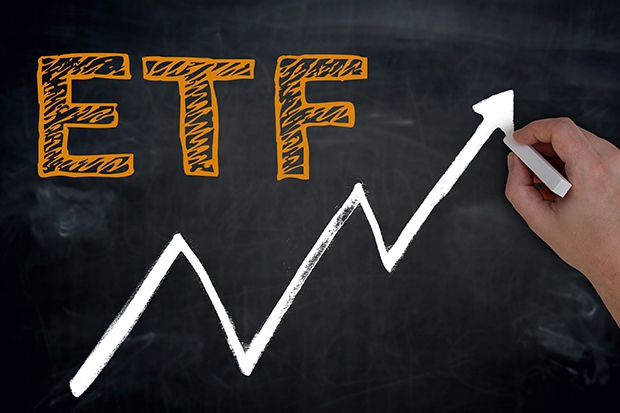ETF Investing
Exchange-traded funds also known as ETFs are a common investment product that can be a good addition to any portfolio. They are a type of fund created to track an underlying basket of other securities such as: stocks, bonds, commodities, and currencies. They are unique because they offer an opportunity for investors to easily diversify like in a mutual fund, but have increased liquidity and smaller fees because they are traded openly on exchanges. There are thousands of ETFs in existence but in this article, I will explain a few of the different types of ETFs and how you can utilize them in your portfolio.

Index ETFs
These are the most common types of ETFs because they are simple and easy to understand. They track the performance of certain indexes such as the DJIA or S&P 500. Buying these can be a low cost, and easy way to invest in the market as a whole. Because ETFs are divided into many small portions, they are usually very low cost and very accessible ways for everyone to get involved in investing.
Specialized ETFs
Some funds are specialized, and focus in on certain sectors of the economy. These are a good way to increase exposure to a particular area of the economy such as tech, finance, or energy, while minimizing the risk of investing in just one or two companies. Other ETFs also specialize on investing in different types of equities such as large-cap, small-cap, value, or growth. Utilizing specialized funds you can choose particular areas of the economy that may outperform the market as a whole.
Foreign Market ETFs
Some ETFs specialize in giving investors the opportunity to invest in foreign markets. These ETFs allow investors to invest in other parts of the world in both developed markets and emerging markets. They can be used to gain exposure to other markets around the world that may outperform the domestic market. You can also lessen the risk of a potential bear market in domestic equities.
Complex ETFs
Some ETFs focus on helping investors gain exposure to more uncommon and alternative investments such as energy, precious metals, or currencies. They do this by either holding the underlying securities or investing in the futures market. Some funds utilize gearing, or leverage, through the use of derivative products to create inverse or leveraged ETFs. These are more complex types of ETFs but can help investors profit from more unique strategies. Leverage for example helps increase profits for investors, while inverse ETFs can allow investors to profit when there is a decline in the underlying securities.
Additional Resources
Search ETFs- https://money.usnews.com/investing/rankings/etfs
More Info on ETFs- https://www.investopedia.com/terms/e/etf.asp
I think ETFs are a really great way for alot of people to invest. Requring alot less time and effort than invidual stocks and as you pointed out being much cheaper than mutual funds all while diversifying, makes them a very attractive means of attaining a good ROI without too much work.